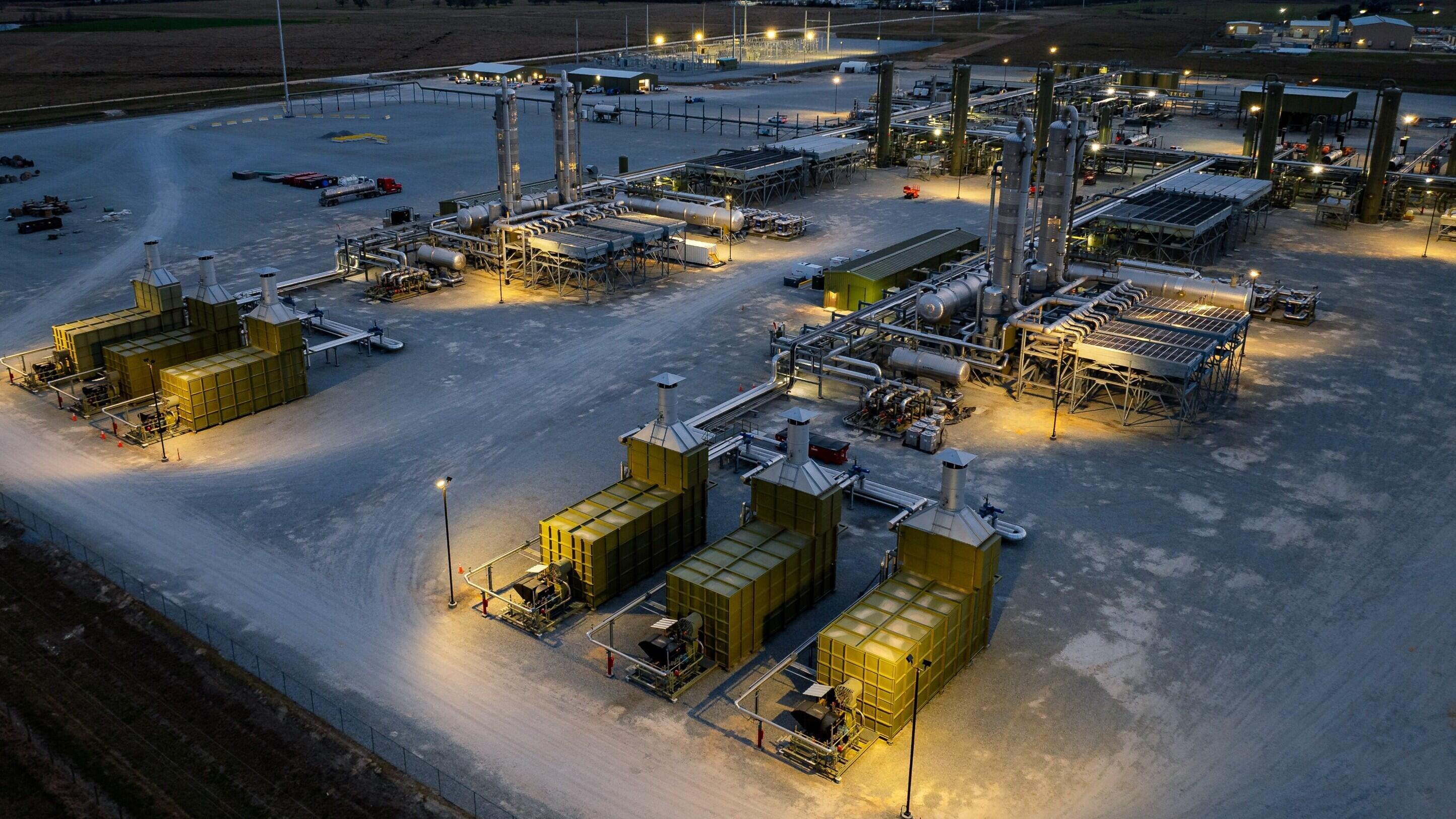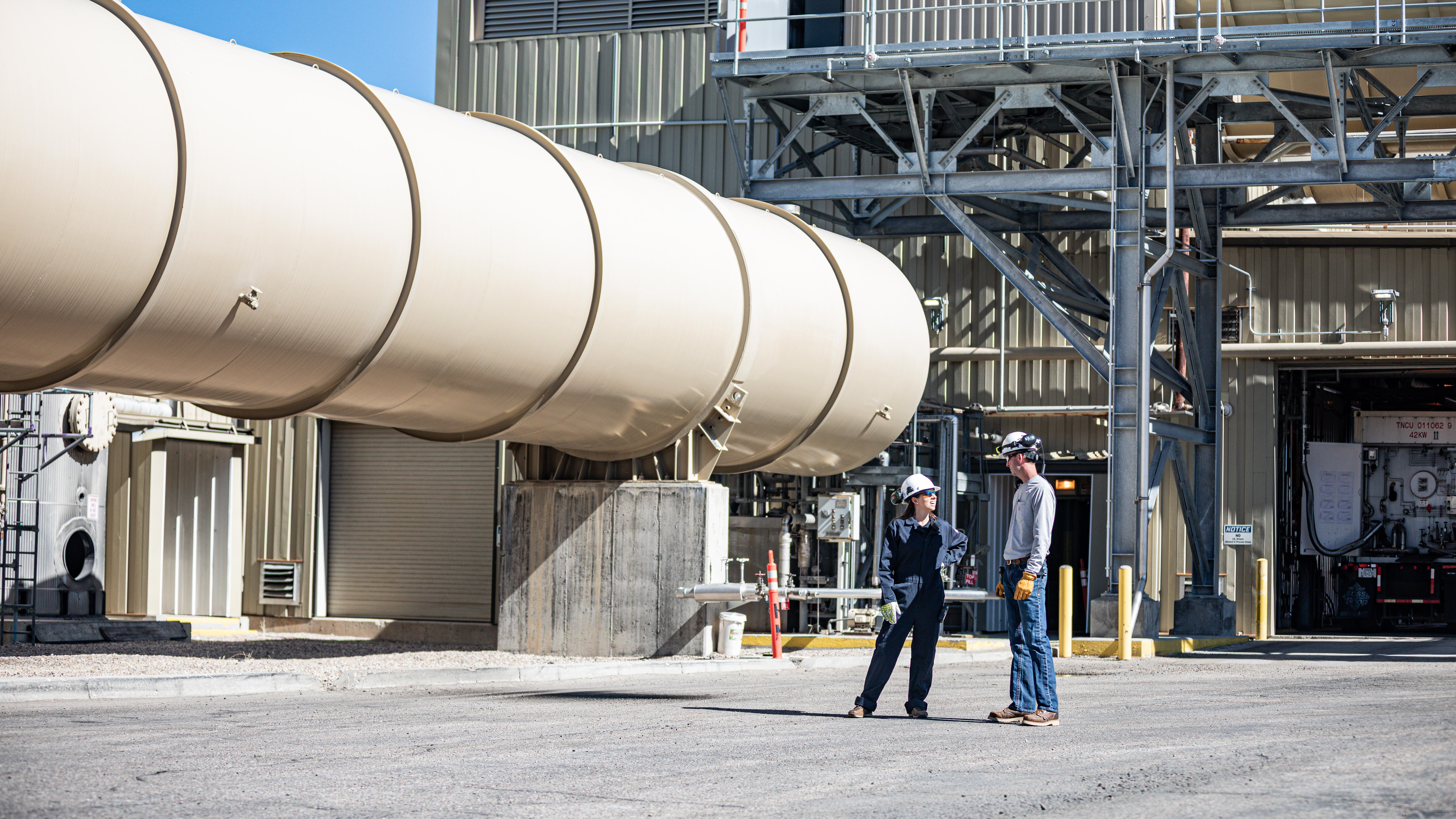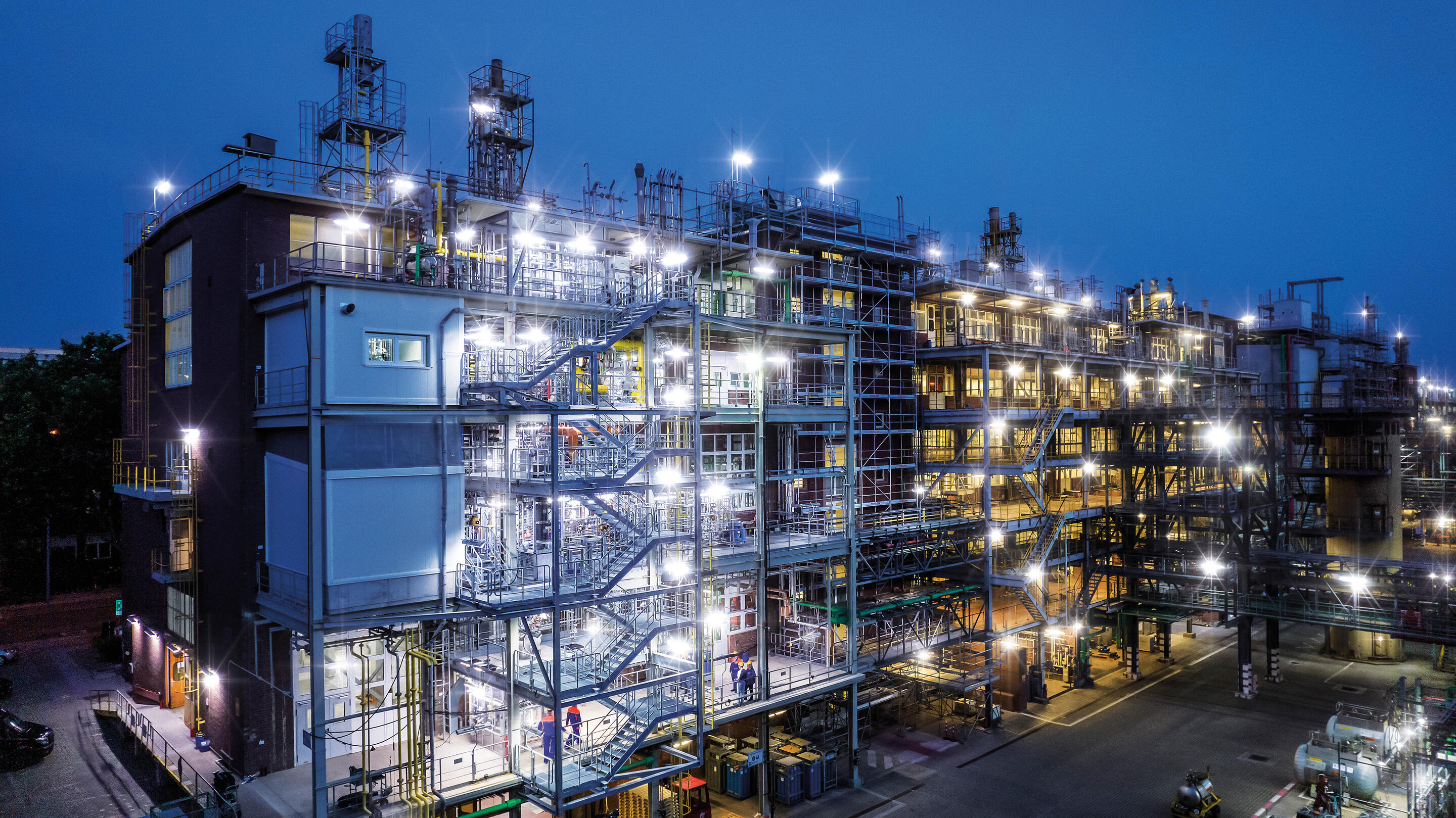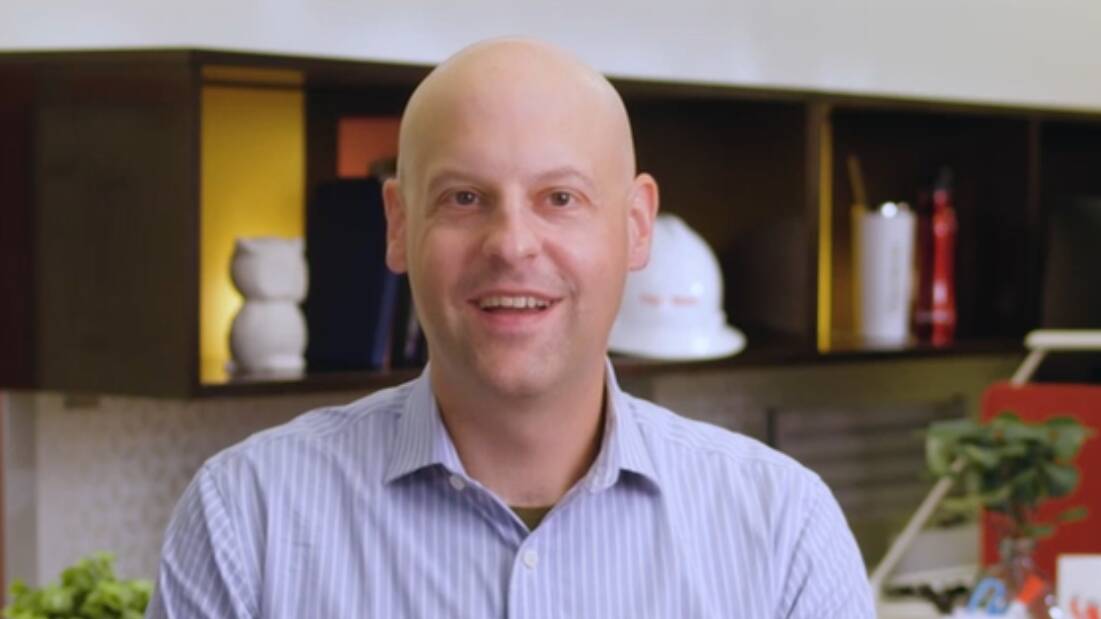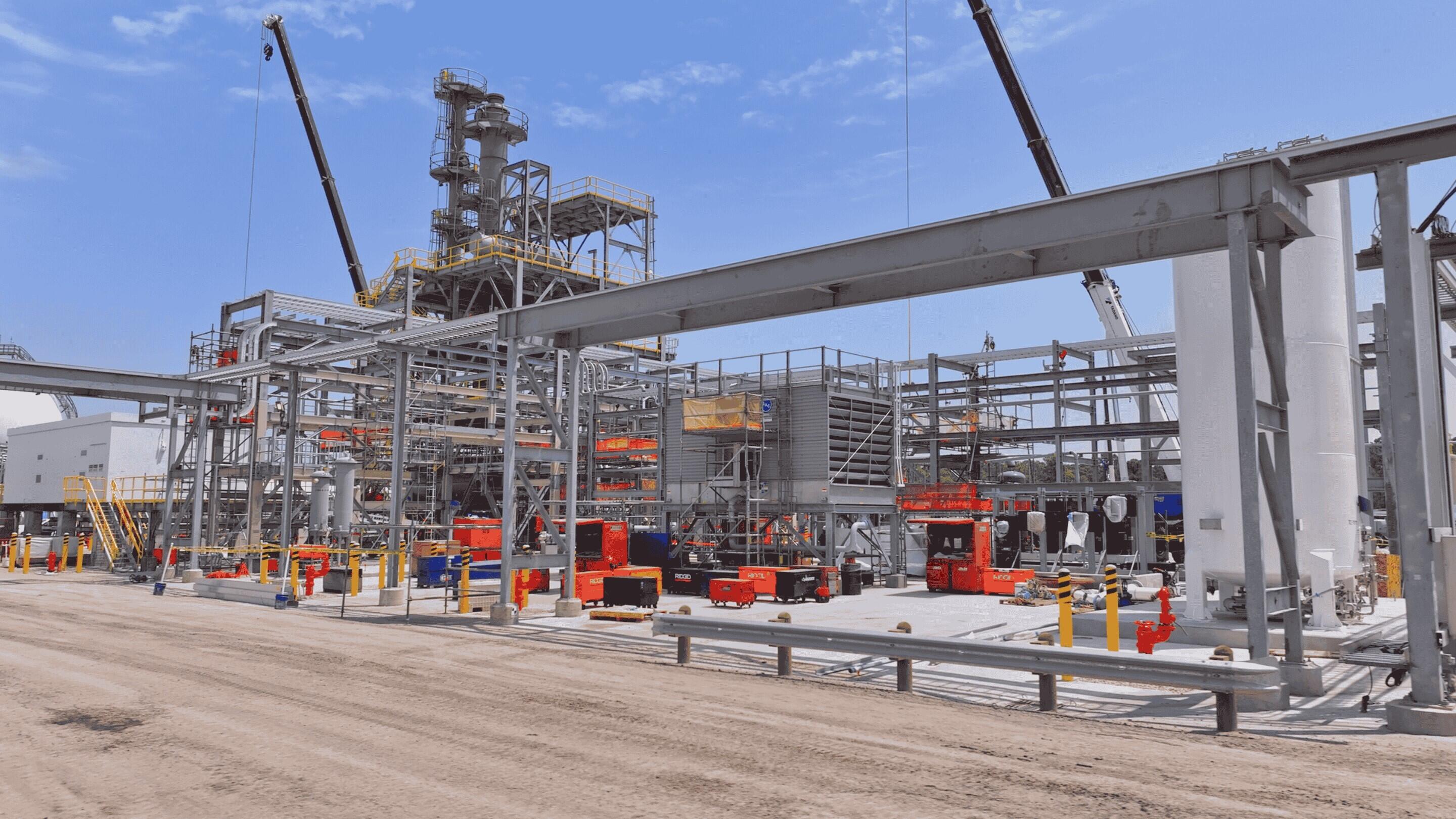Delivering industrial solutions
Big industries, big solutions
ExxonMobil knows industry. About two-thirds of the products we make are used by commercial and industrial companies - including electric utilities, trucking and other commercial transportation, and heavy industries like steel and cement. And of course, we’re an industrial company ourselves.
Reducing emissions from industry will be key to meeting society’s climate goals. That’s why we’re scaling up carbon capture and storage, and the next generation of industrial fuels - like hydrogen - which can help industries reduce emissions while continuing to provide essential products for the world.
These are more than emissions solutions; they’re the foundations of potential new industries focused on carbon reduction – and ExxonMobil is positioned to help lead the way.
Latest news
2 min read
•2 min read
•2 min read
•2 min read
•Let’s deliver reliable carbon capture and storage
Our carbon capture and storage (CCS) network can help reduce carbon dioxide (CO2) emissions for key industries in the U.S. Our combined assets now include:
- More than 1,300 miles of CO2 pipeline owned and operated – largest in the U.S.
- Multiple strategically positioned storage sites across the U.S. Gulf Coast
- The potential to reduce CO2 emissions by >100 million metric tons a year1
We’re also working to advance CCS around the world.
Our solutions
-
Carbon capture and storage
Carbon capture and storage (CCS) is proven technology that can capture large volumes of CO2 emissions from industrial sources and store them underground, safely and permanently. With more than 40 years' experience, ExxonMobil is a global leader in CCS and we're advancing projects around the world to help us, and our customers, meet emission-reduction goals.
-
Direct air capture
Direct air capture (DAC) captures CO2 directly from the atmosphere. It can complement other technologies and offset emissions that are difficult to eliminate, so it will likely play a key role in reaching net zero. We’re testing our own unique design with the goal to, over time, create a scalable and economically viable solution.
-
Hydrogen
Hydrogen produces zero greenhouse gas emissions at its point of use. It's also versatile - suitable for power generation, trucking, and heat-intensive industries like steel and chemicals. We are scaling up production of low-carbon hydrogen to reduce CO2 emissions in our own facilities, and helping others do the same.
-
Lower emission fuels
Lower emission fuels (LEF) made from renewable sources - like vegetable oils and agricultural waste - can reduce emissions from trucks and other forms of commercial transportation. We are leveraging our expertise in developing traditional transportation fuels to create lower emission biofuels alternatives for our customers, whether they travel by land, sea or air.
Enabling low-carbon ammonia: our landmark agreement with CF Industries
Let’s keep economies humming with fewer emissions
Most of the world’s CO2 emissions comes from the industrial, power, and commercial transportation sectors that support modern life and economic growth. From steelmaking to shipping, ExxonMobil is scaling up solutions that can help these industries – including our own – reduce emissions while still meeting demand for their products and services. These solutions include hydrogen, carbon capture and storage, and advanced biofuels.
View the sectors below to learn more.
Note: Data in this illustration are sourced from the International Energy Agency and ExxonMobil Outlook for Energy.
Steel
Power generation
Transportation
Cement
Other industries
“ I think we can really help decarbonize the world using both our strengths. ”
“ At Baytown, we’re working together to take on some of the big societal challenges. ”
Scaling up solutions in the U.S. Gulf Coast
The U.S. Gulf Coast has always been a hub for global industry. Today, it’s where we’re scaling up solutions that can help industries significantly reduce their emissions.
Learn more about our solutions in the Gulf Coast
FOOTNOTES:
- Subject to additional investment by ExxonMobil and permitting for carbon capture and storage projects.
- ExxonMobil analysis based on Agora Industry, Wuppertal Institute and Lund University (2024): Low-carbon technologies for the global steel transformation. A guide to the most effective ways to cut emissions in steelmaking, Figure 4.
- Combustion of natural gas emits about half as much carbon dioxide as coal and 30 percent less than oil, as well as far fewer pollutants, per unit of energy delivered.
Newsroom
Stay up to date with the latest news and information
Explore more













